The situation of foreign language signs and billboards being used everywhere in many streets in Hanoi . (Photo: CONG LY)
Advertising is both a sales tool and a reflection of social life. However, many times, those images become distorted when Vietnamese is abused, mixed, or even distorted in the media products aimed at millions of people.
Preserving the purity of Vietnamese in advertising has therefore become a hot issue, requiring the participation of management agencies, professionals and the whole society.
The danger of language hybridization
Deputy Director of the Department of Grassroots Culture, Family and Library (Ministry of Culture, Sports and Tourism) Nguyen Quoc Huy commented that the abuse of foreign words or the use of incorrect Vietnamese in advertising can have consequences. Language is an important part of culture, the bond that binds the community. When Vietnamese in advertising is mixed and adulterated, the inherent richness and purity of the mother tongue is eroded, thereby affecting our own cultural identity.
In addition to reducing the effectiveness of communication, it also causes confusion for consumers, because many advertisements deliberately use ambiguous and difficult-to-understand expressions, leading to wrong perceptions about the product, directly affecting their interests. In the long run, it creates negative habits in society, especially among young people who are easily influenced by repeated advertising messages.
Therefore, the Party, the State and the National Assembly have paid special attention to this issue. The Law amending and supplementing a number of articles of the Advertising Law in 2025 has added a provision: Vietnamese words in advertising products must ensure the purity of the Vietnamese language, be honest, clear, easy to understand and accurately express the content to be conveyed. This is an important legal basis to overcome the abuse of foreign words and incorrect language standards, while affirming the responsibility of the whole society in preserving and promoting the value of the Vietnamese language.
According to Mr. Huy, to ensure effective communication and preserve the Vietnamese language, it is necessary to establish clear principles: Advertising must use standard language that is easy to understand for all audiences; language must be clear, polite, in accordance with social ethics and cultural traditions; creativity must be based on the foundation of standard Vietnamese to create attractive messages without distorting the essence.
Associate Professor, Dr. Nguyen Toan Thang, former Director of the Institute of Culture and Development, Ho Chi Minh National Academy of Politics, analyzed the special role of advertising in forming language habits. He said that advertising is one of the most vibrant activities in public media spaces such as radio, television, and social networks. The language and voice in advertising are repeated every day, creating a Vietnamese environment that the public regularly receives, thereby gradually shaping language habits and strongly influencing correct and standard speaking.
In daily life, children listen to many advertisements, then unconsciously imitate the rhythm, tempo and pronunciation. Therefore, advertising is both a marketing tool and a social responsibility: speaking correctly, speaking well, speaking standard Vietnamese, ensuring clear sentences and complete subjects and predicates.
Advertising is one of the most vibrant activities in public media spaces such as radio, television, and social networks. The language and voice in advertising are repeated every day, creating a Vietnamese environment that the public regularly receives, thereby gradually shaping language habits and strongly influencing correct and standard speaking.
Associate Professor, Dr. Nguyen Toan Thang, former Director of the Institute of Culture and Development, Ho Chi Minh National Academy of Politics
According to Mr. Thang, there needs to be synchronous solutions. Firstly, it is necessary to build specialized units to produce advertisements with the participation of Vietnamese language experts to compile accurate sentences. Secondly, the management agency must closely monitor advertising companies, along with training human resources with solid grammar skills, both writing and reading correctly.
Third, businesses must be responsible for their advertising, not untrue, not misleading and not distorting the Vietnamese language. Fourth, the public should be encouraged to report when encountering advertisements with incorrect Vietnamese, and the press must play a critical role, contributing to building a civilized advertising environment. “Advertising must have good management and supervision policies, while promoting the spirit of contribution from the public and the press. Only then will advertising be both creative, attractive and ensure the standards and purity of the Vietnamese language,” he affirmed.
Responsibility from management
Associate Professor, Dr. Nguyen Thi Minh Thai expressed concern about the abuse and misuse of Vietnamese in advertising. She said that many street signs abuse foreign languages, while not all Vietnamese people know foreign languages. On social networks, many advertisements have spelling mistakes, even written in Vietnamese in a Western style, causing offense and reducing respect for the mother tongue.
According to Ms. Thai, there are two important groups of solutions. One is language education from school. From grade 1 to the end of high school, students must learn to speak and write Vietnamese according to national standards. At university level, students need to be trained in the ability to use Vietnamese in each specialized field to ensure standards and scientific nature. The second is to avoid "Westernization" in advertising. When promoting foreign products, the language must be Vietnamized so that the public can easily understand. If it is necessary to use words of foreign origin, it must be accompanied by notes or explanations.
The Ministry of Culture, Sports and Tourism is drafting a decree detailing the implementation of the Law on Advertising, and is also drafting a new decree on administrative sanctions for violations in the cultural field, replacing Decree No. 38/2021/ND-CP. This will be a solid legal basis, clearly defining violations of language use in advertising and associated with sanctions that are sufficiently deterrent.
On the other hand, inspection and supervision work will be tightened, violations will be strictly and publicly handled to create deterrence. The leaders of the Department of Grassroots Culture, Family and Library believe that with the synchronous coordination between management agencies, businesses and society, a professional and effective advertising environment will gradually be formed, contributing to preserving the purity of the Vietnamese language in modern life.
From the above analysis, it can be seen that advertising is not only a marketing tool, but also has a great influence on shaping language habits in society. Each advertising product will impact consumer behavior and instill in the community the way of speaking and using Vietnamese. Therefore, for advertising to be truly civilized, attractive and standard, it requires cooperation from many sides: the State issues and strictly enforces laws; businesses are responsible for each media product; professionals ensure accurate but still creative language; the press plays a critical and supervisory role; the public raises awareness of receiving and reflecting.
Vietnamese is a priceless cultural asset of the nation. Preserving the purity of Vietnamese in advertising is also preserving the identity, pride and soul of Vietnamese culture.
HOAI THU
Source: https://nhandan.vn/su-dung-tieng-viet-phu-hop-trong-quang-cao-post908549.html


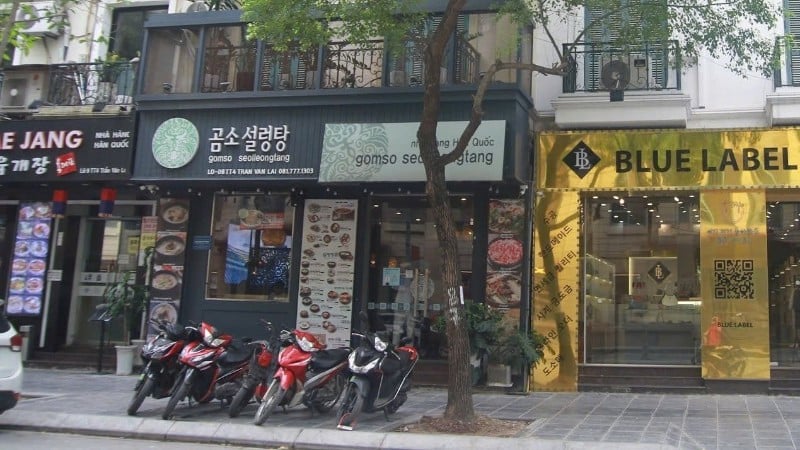
![[Photo] General Secretary To Lam presents the First Class Labor Medal to the Vietnam National Energy and Industry Group](https://vphoto.vietnam.vn/thumb/1200x675/vietnam/resource/IMAGE/2025/9/21/0ad2d50e1c274a55a3736500c5f262e5)






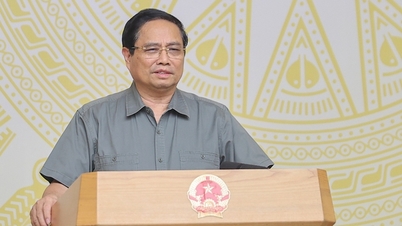



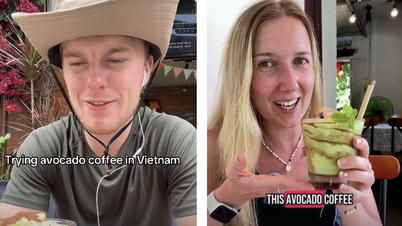









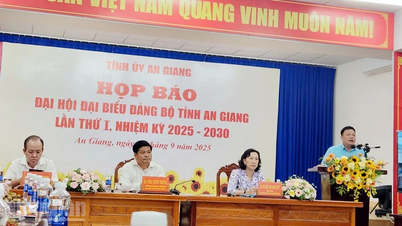

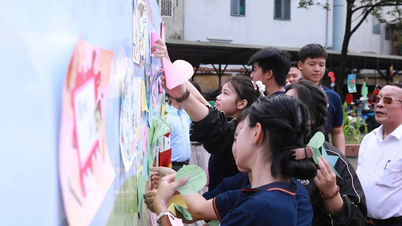



![[Photo] General Secretary To Lam attends the 50th anniversary of the founding of the Vietnam National Industry and Energy Group](https://vphoto.vietnam.vn/thumb/1200x675/vietnam/resource/IMAGE/2025/9/21/bb0920727d8f437887016d196b350dbf)

























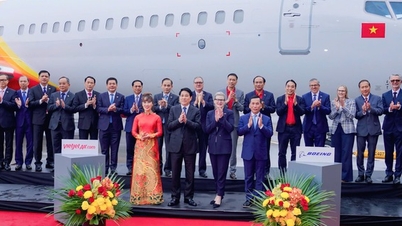






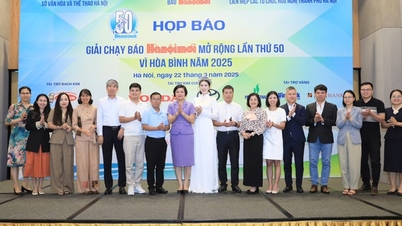
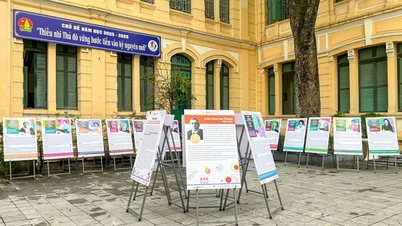



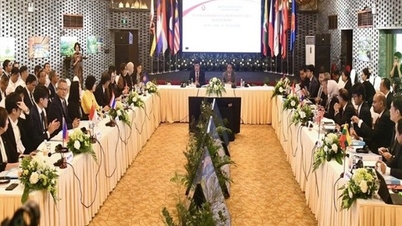

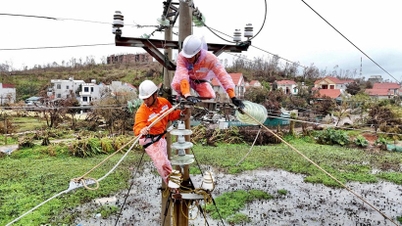








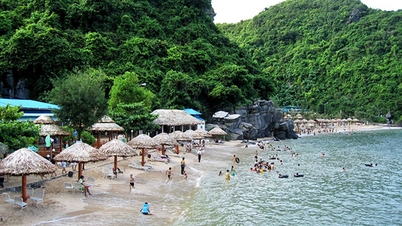











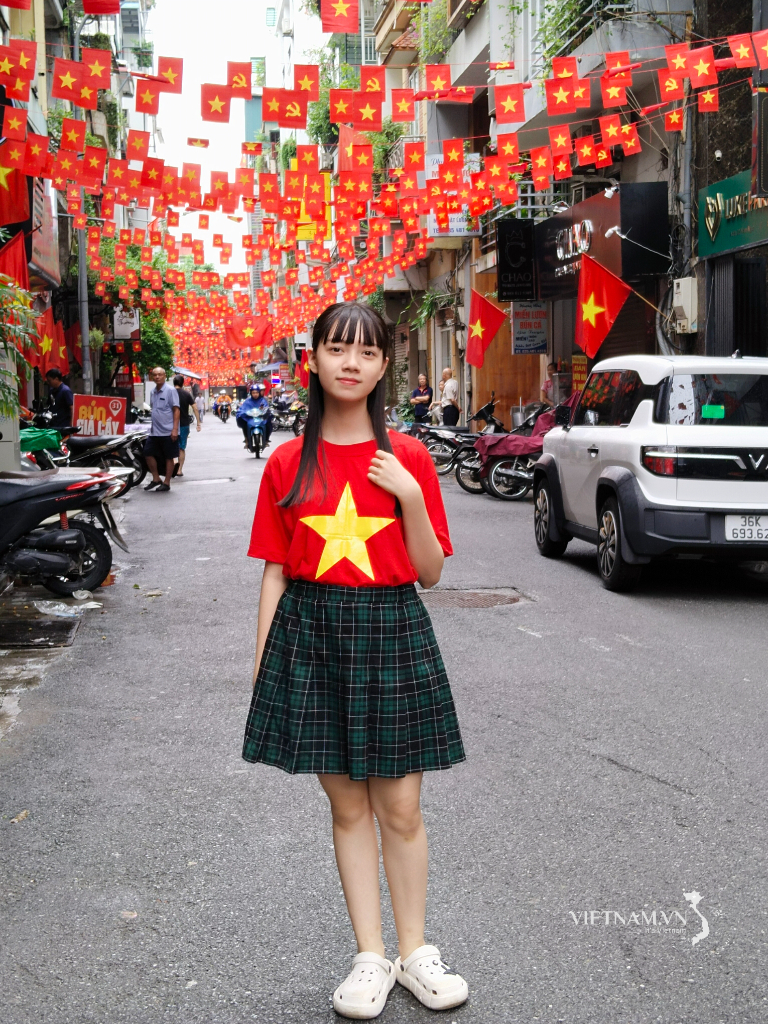
Comment (0)